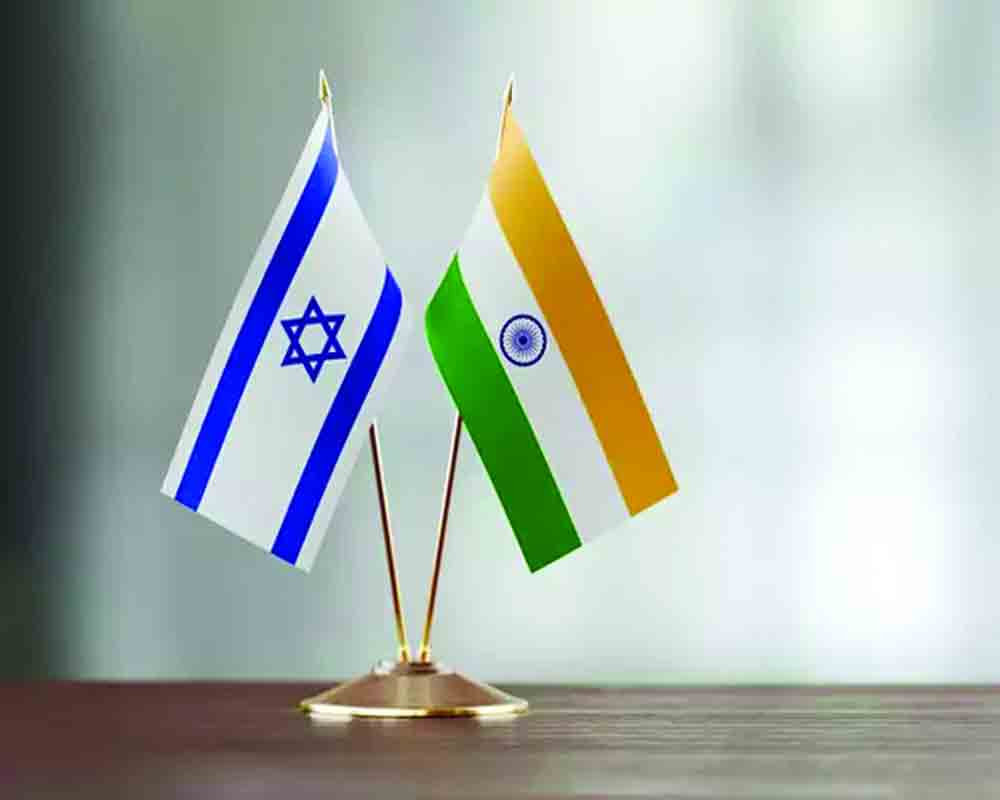Both India and Israel have hostile neighbors. India can take a cue from Israel in defending its borders and sovereignty
Ever since the brutal and dastardly attacks on Israel earlier in October, the Indian public- especially those who are conversant with the intricacies of this Arab- Israeli conflict- have been strenuously debating what the course of action should be. The sheer intensity of the surprise attacks on the Jewish state by diabolical terrorists was shocking. Indian Prime Minister Narendra Modi’s explicit and equivocal support for Israel astonished many. The second official statement by the Government of India was a little more balanced as it underscored the importance of peaceful negotiations between Israel and Palestine. The question is what if the country witnesses something similar in magnitude to what transpired in Israel earlier in October?
People in India are no strangers to the scourge of terrorism. The gruesome atrocities inflicted by Hamas evoked mixed sentiments as many dwelled on past events. It was the year 2008 when Islamic terrorists unleashed horror and violence in the cosmopolitan city of Mumbai. The targets also included the Jewish community when the perpetrators broke into Mumbai Chabad House.
Post the reprehensible terror attack which led to many casualties, inflamed speeches condemning the attacks were a frequent feature. Many thought that India’s response would be punitive. But lamentably, nothing substantial took place. It was only in 2016, when India’s patience threshold with Pakistan-sponsored Lashkar-e-Taiba and Jaish-e-Mohammad was breached, that the political establishment under the exceptional leadership of Modi, authorised limited cross-border strikes which involved Indian commandos crossing the Line of Control in Kashmir and conducting specific strikes on terror launch pads. Days earlier Pakistan sponsored terrorists had launched a terror attack on the Indian army in Uri situated in the restive state of Jammu and Kashmir. But unlike Israel, India’s arch-enemy is a nuclear-armed state.
Many in India, praise how Israel defends its territory and sovereignty. It always has. As it prepares itself for a situation like the Yom Kippur war in 1973 where it is clearly in disharmony with the Arab world and the entire Muslim Ummah, the ramifications of such a discord will have profound security implications. Many here ask why India did not undertake a daring strike like ‘Operation Opera’ in 1981 when Israeli jets flew over enemy territories and struck Iraq’s nuclear plant which was in its infancy. Plans were underway in India to strike Pakistan’s nuclear plant Kahuta later in 1981 but the then Prime Minister shelved the plan due to mounting pressure. That diminished the covert nature of the pre-emptive strike. The situation in South Asia would have been strikingly different had India struck Kahuta and diffused the 'Islamic bomb'; a term frequently used by Pakistan.
There is one thing that is abundantly clear in this evolving discourse. Although the world can encourage both parties to adhere to the rules of war and uphold humanitarian law, war and its concomitant sufferings are a fact.
When religious fanaticism is strident and the rhetoric to annihilate a state like Israel is loud across the Islamic world, the use of its extensive military apparatus seems justified. There is no room to negotiate with an adversary who does not speak your language. To expect that peaceful overture would outweigh years of brainwashing and indoctrination is naïve thinking. Religious bigotry is bound to determine the trajectory of such a conflict which is emotionally explosive. To usher in peace, fanaticism must recede. The only way to contain such a distorted picture is to employ tools that your adversary understands.
(The writer is a foreign affairs commentator. Views expressed are personal)


























